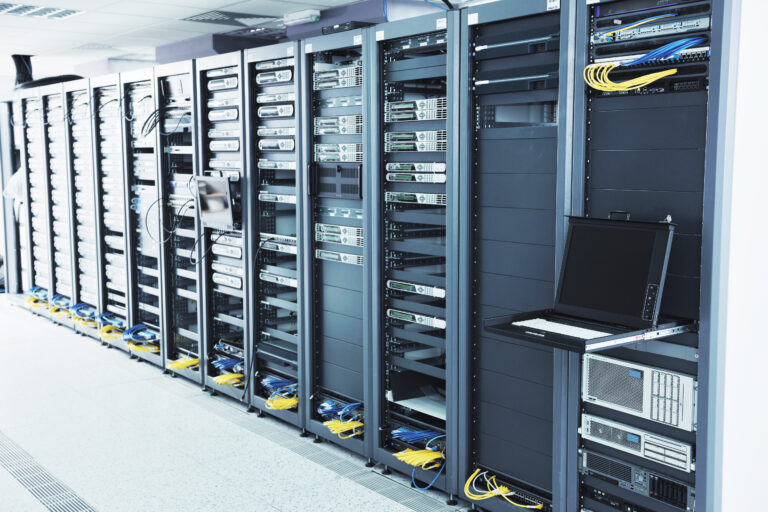The Rise of Remote Work and the Need for Colocation Data Centers
Introduction to Remote Work and Colocation Data Centers
Remote work has become increasingly popular in recent years, with more companies offering their employees the option to work from home or other remote locations. At the same time, there has been a growing need for colocation data centers that can support these remote workers and their employers’ IT infrastructure needs.
Colocation data centers provide businesses with secure, reliable, and scalable hosting solutions for their servers and networking equipment. These facilities offer high-speed connectivity, power redundancy, and physical security measures to ensure that critical systems are always available and protected against outages, cyber threats, and natural disasters.
Benefits of Remote Work for Employees and Companies
One of the main benefits of remote work is increased flexibility for both employees and employers. With remote work, employees have greater control over their schedules and can better balance work and personal commitments. This leads to higher job satisfaction and lower stress levels, which ultimately results in improved productivity and performance.
For companies, remote work allows them to tap into a larger pool of talent by recruiting individuals who may not be able to relocate to the company’s headquarters. It also reduces overhead costs associated with maintaining traditional office spaces, such as rent, utilities, and furniture.
How Less Corporate Real Estate Drives the Need for Colocation Data Centers
As more companies embrace remote work, they require less corporate real estate, resulting in smaller offices or even no offices at all. However, this shift towards less office space means that companies must find alternative ways to house their IT infrastructure.
This is where colocation data centers come in. By using a third-party provider to host their servers and networking equipment, companies can reduce their capital expenses while still ensuring that their IT infrastructure is well maintained and supported. Additionally, colocation providers typically offer advanced cooling and power management technologies that help to optimize energy efficiency and minimize environmental impact.
Conclusion: Why Colocation Data Centers are Essential in a Remote-First World
In conclusion, the rise of remote work has created a significant demand for colocation data centers. These facilities offer businesses with secure, scalable, and cost-effective hosting solutions for their IT infrastructure needs. As more companies embrace remote work, it will become increasingly important for them to partner with experienced colocation providers who can deliver the reliability, performance, and security required to support today’s distributed workforce.




